“The need is great! The ones I called, the spirits, I now cannot free myself from,” says Goethe’s sorcerer’s apprentice. This quote could also be used to describe the situation concerning plastics on our planet today. With plastic, we have created a all-purpose packaging weapon that poses a serious threat: Plastic is difficult, if not impossible, to biodegrade.
Although we have been discussing the problem of plastic for decades, we have not really been taking it seriously enough. But since we are now aware that we ingest microplastics daily from our food, the warning bells are ringing much louder. However, doing without plastic, which is enormously practical, would require a substantial shift, particularly within the food industry. Plastic has made possible the cheap and constantly available abundance of goods on which our modern lifestyle is still based. Doing without is not sexy. But since plastic is slowly but surely getting the boot, clever alternatives are definitely in demand.
The law requires rethinking
First and foremost, the EU’s plastics strategy is declaring war on disposable plastic products and banning plastic drinking straws by 2021, for example. For restaurateurs who still want to use straws for their cocktails in the future, two resourceful German start-ups have developed alternatives. HALM has gone for glass, and Wisefood has developed edible straws made of grain, apple fibers and Stevia.
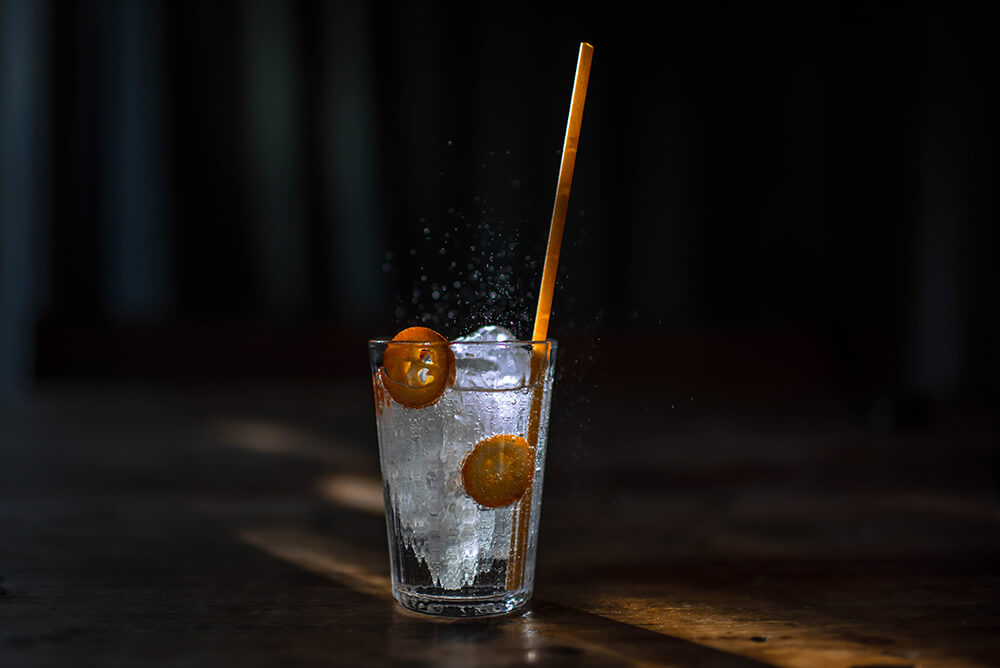
SUPERHALM / Image: Wisefood GmbH
Fast food containers made of styrofoam will also be banned. In many hip restaurants you can take your food to go in reusable containers that you have brought yourself. In many cases you will even get small extra perks for doing so, like a free salad or a discount. Another possible alternative are deposit systems. The Munich start-up Recup, for example, is working on a standardized coffee-to-go deposit system that will be available throughout Germany. As part of a pilot project in Durban, guests have already paid a one euro deposit. The next time they order coffee-to-go, they can exchange the cup for a new one or get their money back. This applies to all Recup partners, which now include not only smaller cafes and bakeries in Germany, but also organic supermarkets and the first firms, such as Dat Backhus and VW. Another option? Why not break new ground, like a group of Italian design students did. They developed Peel Saver, a container for French fries that is made out of potato peels. Creativity knows no boundaries.
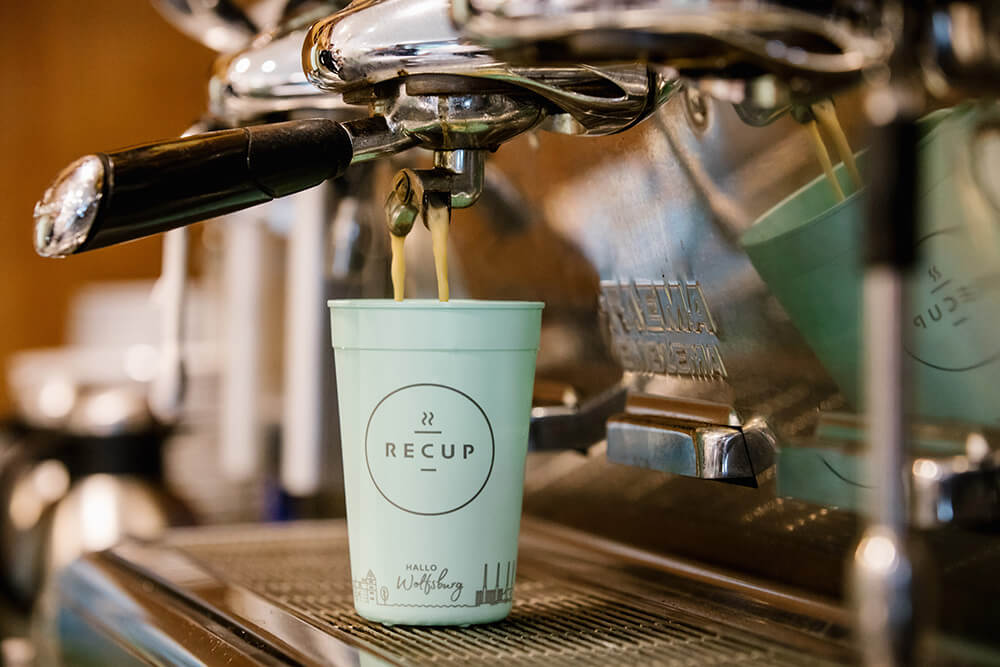
Image: Autostadt
Paradoxical Plastic
It’s not only restaurants who have to think about alternatives to plastics; there is also a particular need for action in food production and supermarkets. The ubiquitous plastic bag, which is more or less the epitome of evil within the plastics debate, is only the tip of the plastic iceberg. Besides, it is fairly easy to replace with a cloth or paper equivalent. However, the food packaging in particular poses a much greater challenge.
Using plastic for sanitary reasons is often difficult to refute or ignore. Paradoxically, organic food that is produced as naturally as possible without many preservatives requires more complex packaging in order to ensure shelf life. Another topic that needs to be addressed is how unpackaged food can still display important information, such as its source of origin. A number of start-ups are trying to master the plastic pitfall with biodegradable or even edible foil. For example, Apeel Sciences has created a protective spray that makes bell peppers, bananas and the like last longer. This tasteless, low-calorie spray prevents the release of moisture and oxygen and reduces oxidation.
https://www.youtube-nocookie.com/watch?v=sLuj-UHg5tQ
Plastic strategy for your own brand identity
Supermarket chains such as Tesco are testing plastic-free supermarkets where many products are no longer packaged but are instead sold as loose items. Companies such as Henkel, Procter & Gamble and several chemical companies have joined forces to form the Alliance to End Plastic Waste. The big players have realized that the time to take action is now – not only for the good of the planet, but also to live up to the spirit of the times and the values of their customers.
“Brands that can communicate clearly and credibly that the packaging of their products is easily recyclable or 100 percent biodegradable will gain the trust of increasingly environmentally conscious consumers in the future,” writes Hanni Rützler in her Food Report 2020. In the eyes of this expert, it is clear that all players in the food industry will have to take part. The path to the post-plastic and zero-waste era is still a long way off – and the sooner we get started, the better.


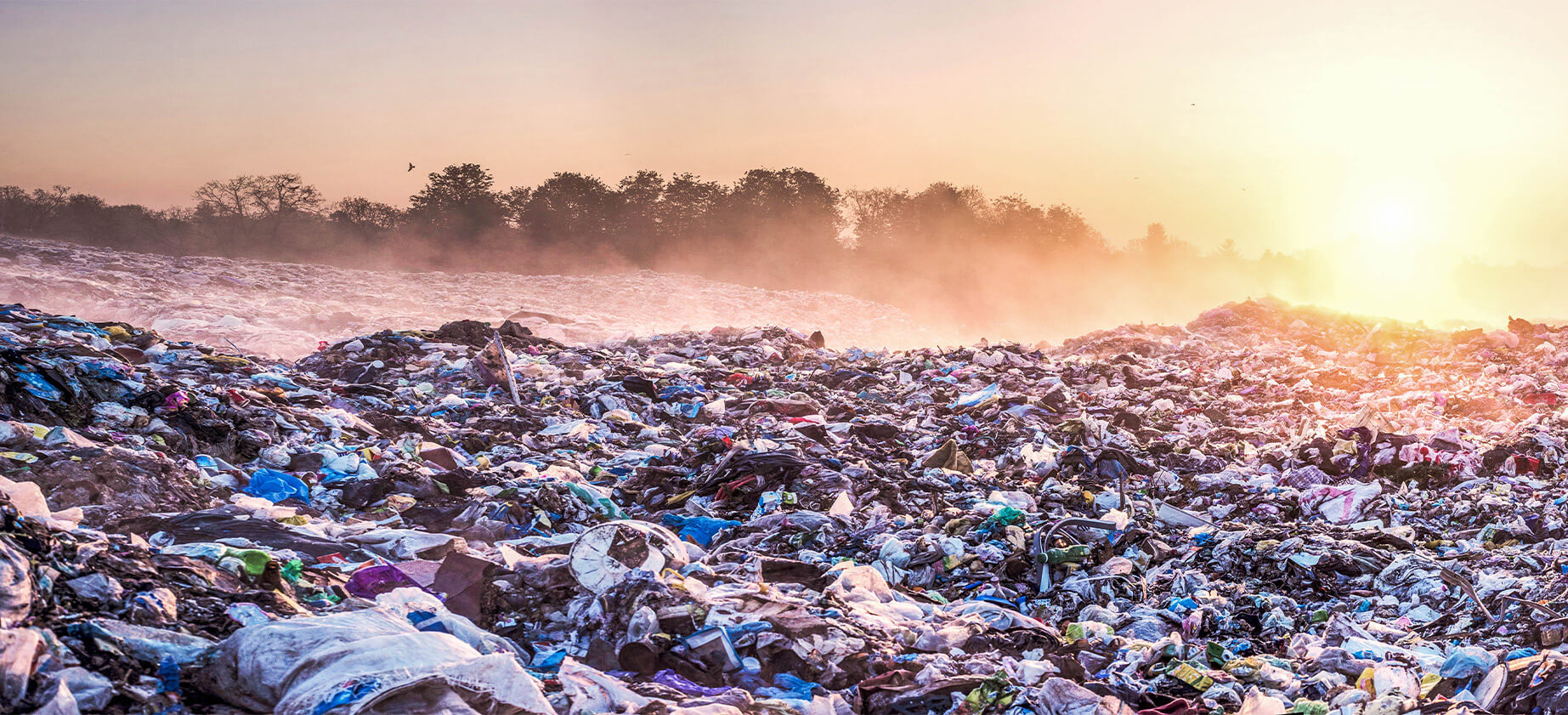
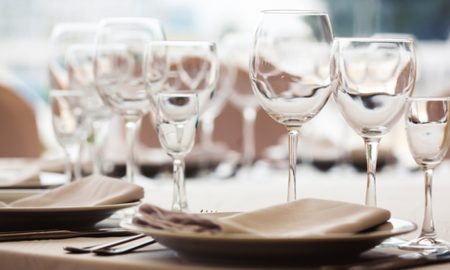
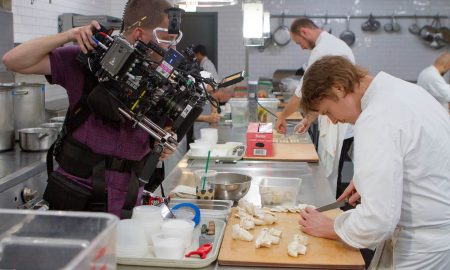
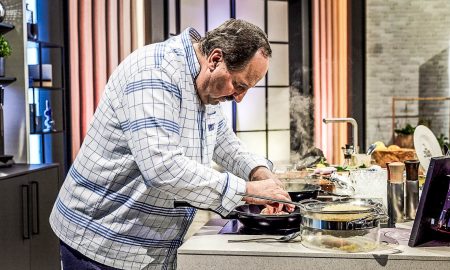
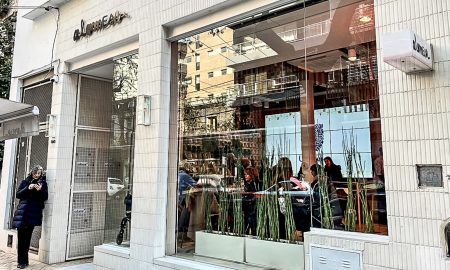
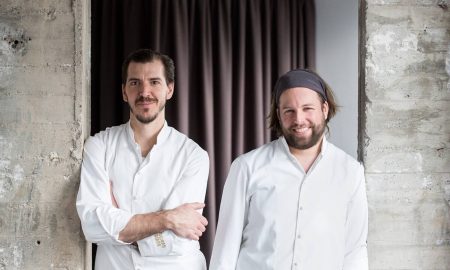
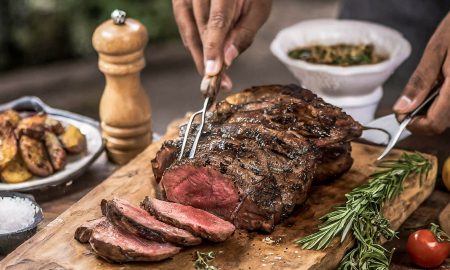
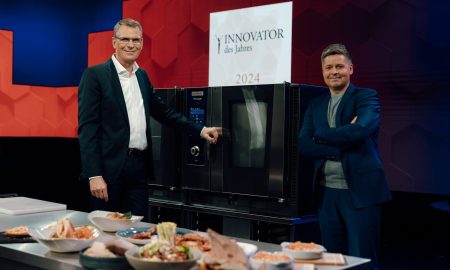
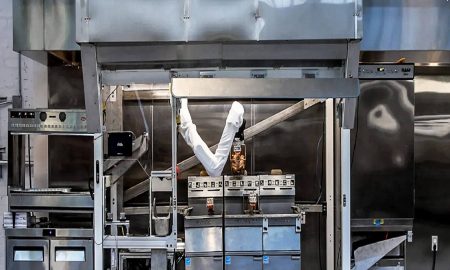
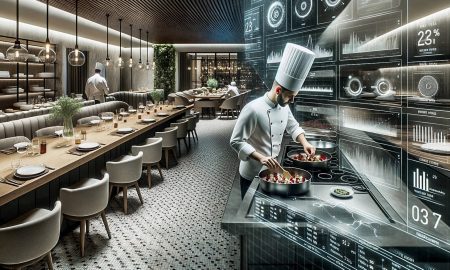

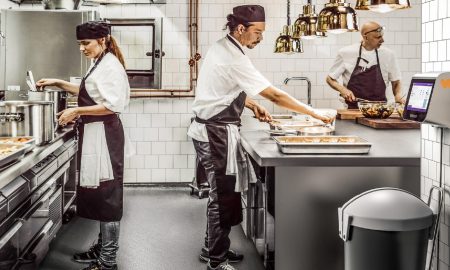
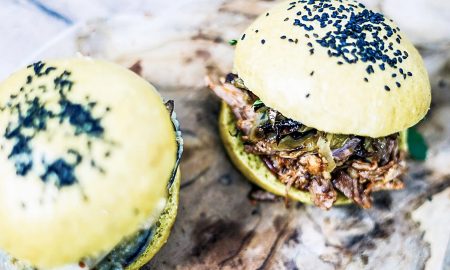
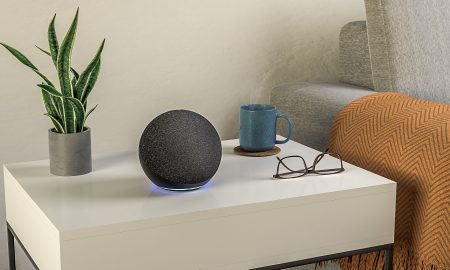
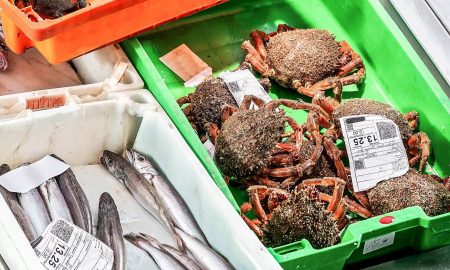
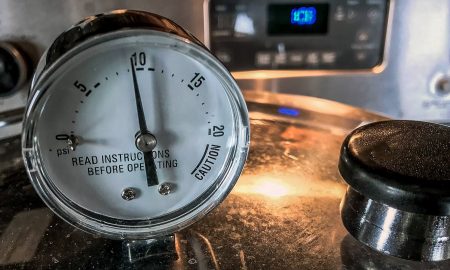
Pingback: Cutting plastic out of the kitchen | KTCHNrebel